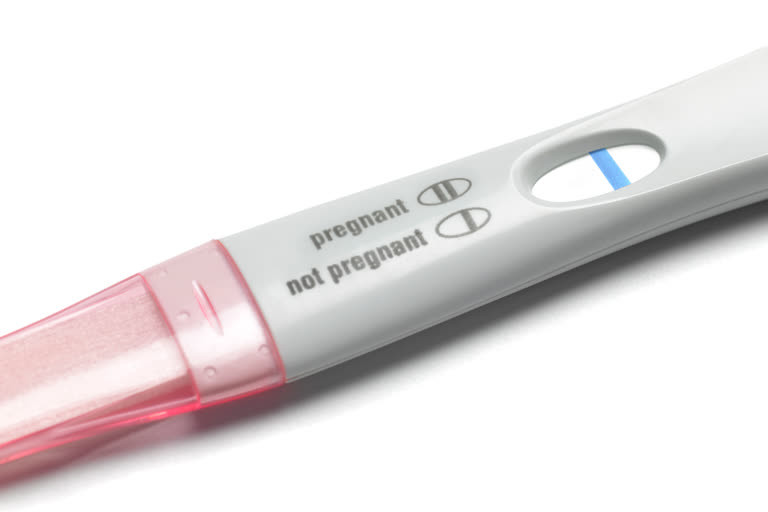What is AMH and what Does Low AMH Blood Test Result Mean?
AMH or the Anti-Mullerian Hormone is a protein hormone that is secreted by the developing egg sacs or ovarian follicles. This test helps in assessing the ovarian reserve – or the number of eggs left in the ovaries – of a woman. Low AMH count indicates a declining level of fertility.
Reduced reserve means that with fewer eggs in the ovaries, the chances of a healthy egg being released for fertilization decreases, and women find it difficult to conceive with subsequent physiological, psychological, and social implications.
However, this can be addressed with a combination of options.
Reading the Test Results
Low AMH level indicates a lesser number of eggs in the ovaries. As woman’s age increases, this number keeps reducing, indicating reduced fertility. Typically, an AMH level of 2.0 – 3.0 ng/ml is considered “normal” for a fertile woman. A count of less than 1.0 ng/ml indicates a reduced ovarian reserve. A very low AMH count is common in women approaching menopause.
While age is the primary factor that impacts AMH level, improper nutrition, vitamin deficiency and cancer treatments such as chemotherapy and radiation could also play a role in decreasing one’s AMH level. The test does not assess the quality of the eggs and cannot predict the chances of a natural conception or success of any form of fertility treatment.
When Do You Take the Test?
This test is recommended for a woman as part of a fertility workup particularly if the age of the woman is more than 30 years or before the start of any fertility treatment. Women intending to delay getting pregnant due to various reasons or not yet found their ideal life partner yet can also consider checking their levels so that if their levels are on the low side can consider egg freezing.
